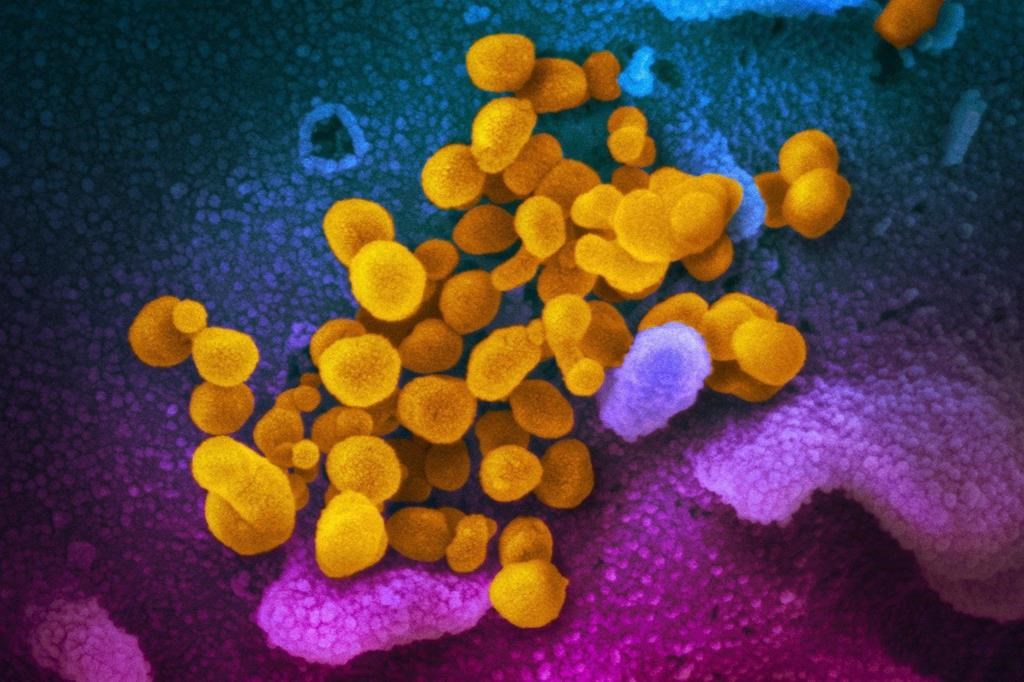British Columbia appears to be past the peak of its second Omicron variant-driven wave of COVID-19, according to a new report.

The data, released Wednesday by the independent B.C. COVID-19 modelling group, based its conclusion on confirmed cases among people over the age of 70, hospitalization data and wastewater monitoring.
“While the second Omicron wave appears to be peaking at a lower level than the first Omicron wave (BA.1 driven), hospital occupancy and cases are still higher than any previous time in the pandemic, prior to Omicron,” the report states.
“In the models, the smaller peaks are due to natural immunity from Omicron infections and enhanced vaccination immunity from boosters.”

Get weekly health news
Omicron variant BA.2 currently accounts for 98 per cent of cases in the province, according to the report.

The report notes that cases among those aged 70 and older have begun to decline, though not significantly. The age group is used in place of the general population because access to PCR testing has been curtailed among younger age groups.
The report states hospital admissions have began dropping in May, and are expected to continue to decline through June. The model projects the number of people with COVID-19 in hospital to fall below 400 by mid-June.
However, with 596 people in hospital as of B.C.’s last weekly report, hospitalizations continue to significantly exceed the peak recorded in any pre-Omicron wave of 515 on April 28, 2021.
Health Minister Adrian Dix said the independent group’s reflected what provincial health officials were seeing.
“We’re seeing stability, I think especially in terms of hospitalizations, but stability at a level that is relatively high, and that we have to continue, people have t continue to take care,” he said.
“Continue to wear masks in indoor public spaces, where they’re seeing people they haven’t seen before, because we have highly transmissive variants of concern.”
Wednesday’s report also made use of serology data from the Canadian Blood Services and the COVID-19 Immunity Task Force. It estimated that the number of actual infections during the Omicron waves is actually about three times as many infections as reported cases.
Using the same data, it projects that about one in four British Columbians has been infected with the Omicron variant to date.
B.C. is scheduled to release its next weekly COVID-19 data on Thursday.





Comments